Discover the answer here.
Others are reading now
Safety is a crucial factor when assessing a country’s attractiveness for both residents and tourists.
Crime rates, police efficiency, and social stability play a key role in creating a secure environment.
Additionally, factors such as infrastructure, natural disasters, and general societal trust contribute to the sense of safety.
Many countries actively work to maintain a high level of security through legislation, emergency preparedness, and social initiatives.
Also read
15. Germany
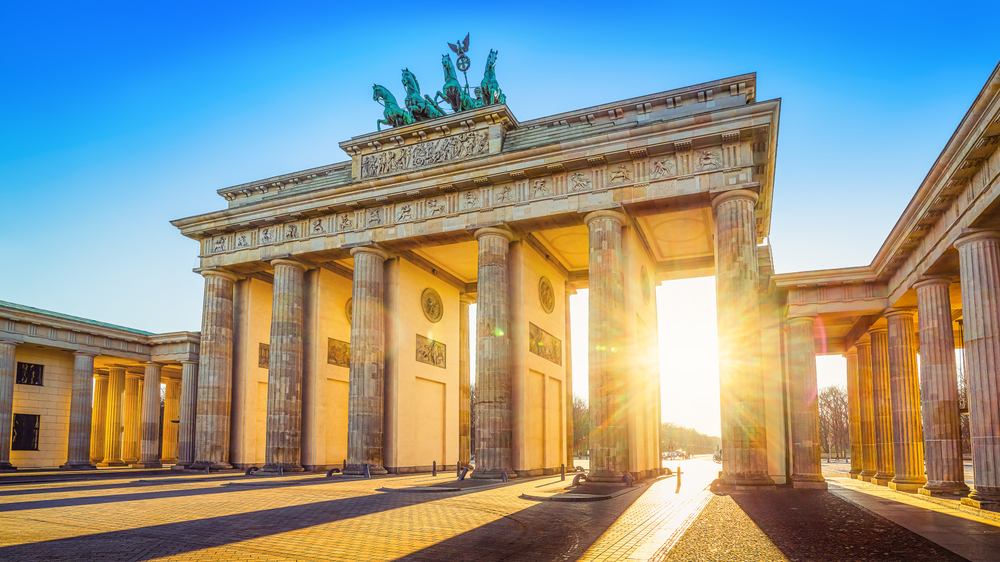
Germany is generally a safe country with a low crime rate relative to its population.
Major cities like Berlin and Hamburg may experience pickpocketing and minor crimes, but violent crime is rare.
The country has an efficient police force and a well-functioning judicial system, enhancing overall safety.
Germany is also known for its strong infrastructure and emergency preparedness.
14. Croatia
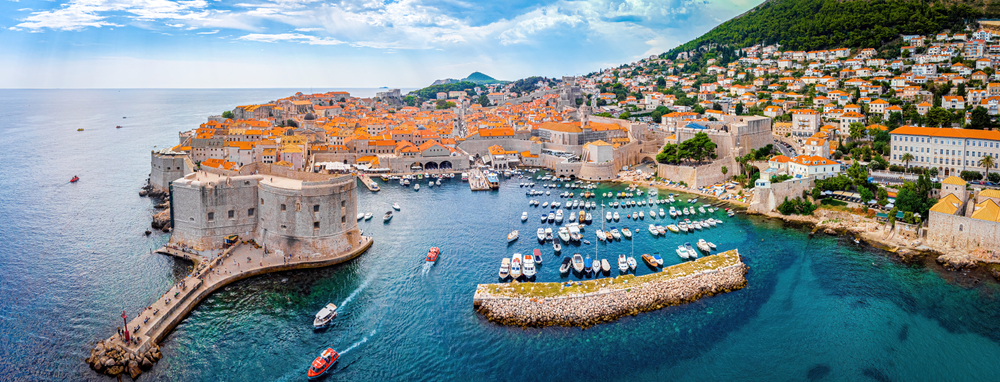
Croatia is one of the safest countries in Europe, boasting a very low crime rate.
Violent crime is rare, and tourists generally feel safe in both cities and coastal areas.
However, pickpocketing can occur in popular tourist spots.
The country also has a stable police force and a generally secure atmosphere.
13. Finland
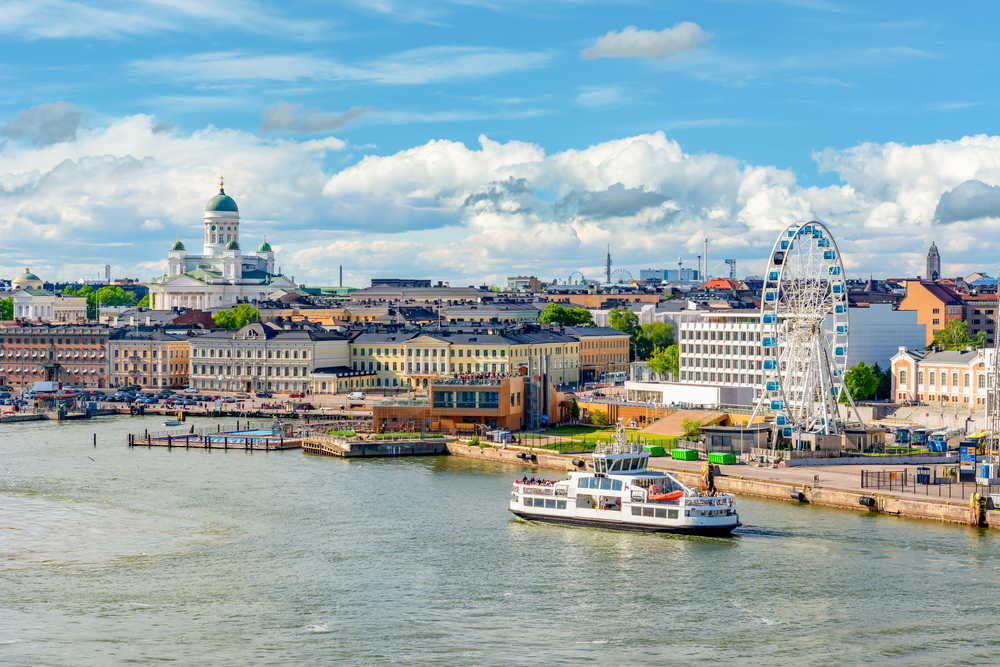
Finland ranks among the safest countries in the world, with an exceptionally low crime rate.
Violent crimes are rare, and the population has a high level of trust in the police and authorities.
Natural disasters are almost nonexistent, and the country has a strong social safety net.
Even in major cities like Helsinki, it is safe to walk around both day and night.
12. Czech Republic
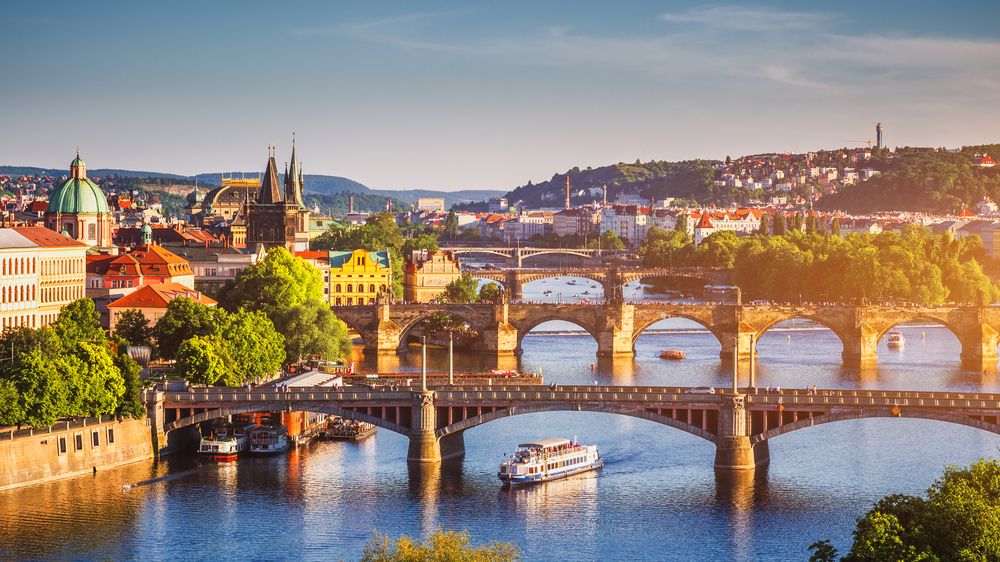
The Czech Republic is a safe country with low violent crime, especially in smaller towns and rural areas.
However, Prague, a popular tourist destination, experiences some pickpocketing and tourist scams.
The police are well-organized, and the judicial system is stable, ensuring a high level of security.
Public transport and infrastructure are also well-maintained and safe.
11. Canada
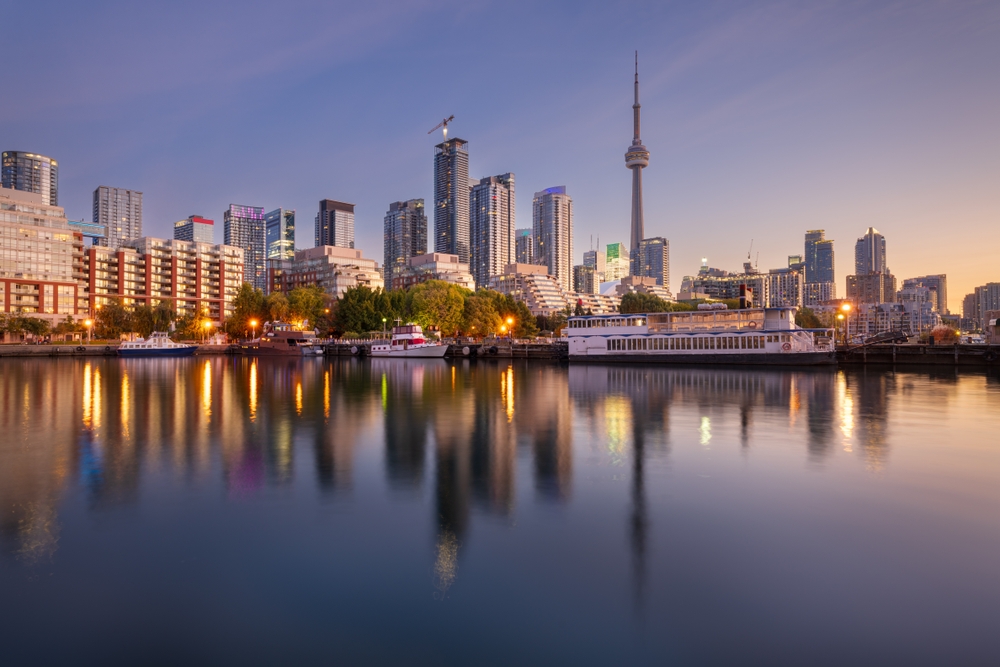
Canada is considered one of the safest countries in the world, with a low crime rate.
Violent crime is rare outside major urban areas, and the country has a reliable police force.
Natural hazards, such as extreme weather, can be a concern in some regions, but emergency preparedness is strong.
Canadians are known for their friendliness, which contributes to a sense of security.
10. Switzerland
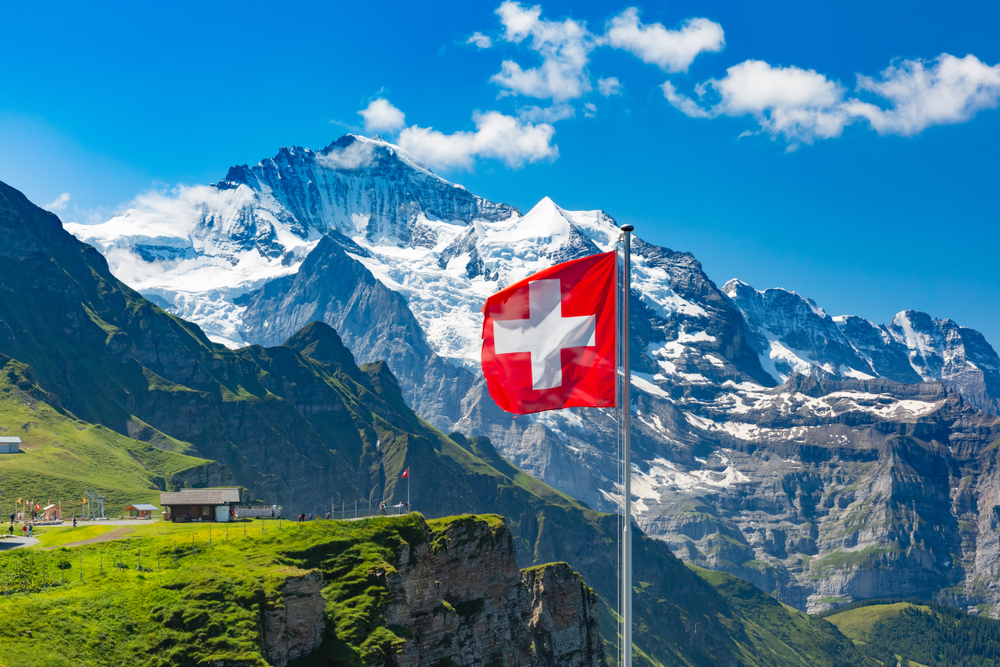
Switzerland is one of the safest countries in the world, with an extremely low crime rate.
The country has a strong judicial system and an efficient police force.
Even in major cities like Zurich and Geneva, violent crime is rare.
Switzerland also boasts a stable economy and an excellent healthcare system, further enhancing overall safety.
9. Japan
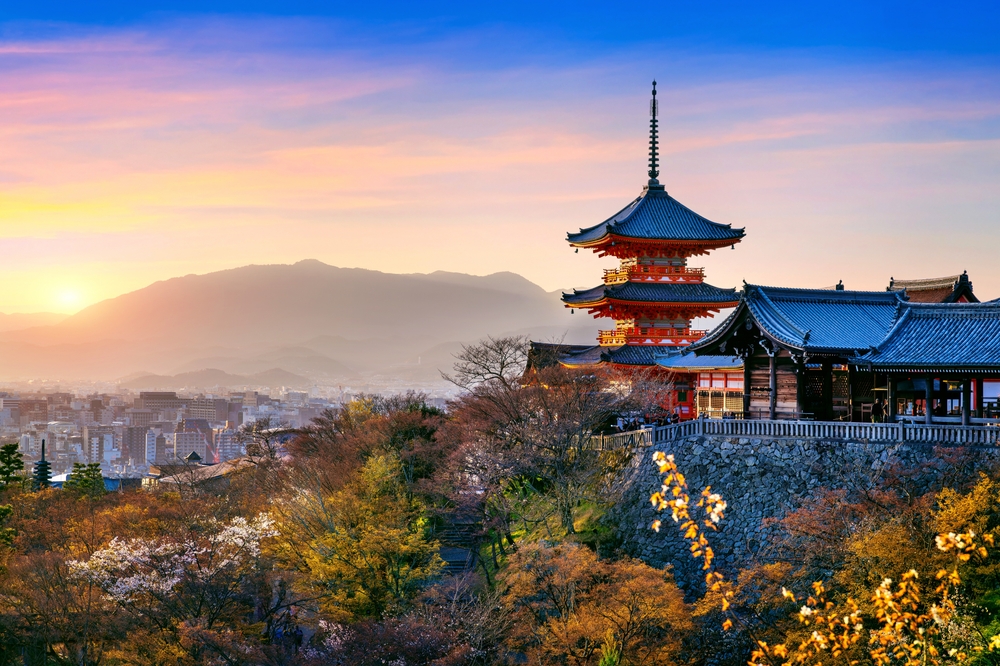
Japan is renowned for its exceptionally low crime rate and high level of safety.
Violent crimes are rare, and it is common to see children walking to school alone without concern.
The police are highly efficient, and Japanese society places great emphasis on respect and order.
However, natural disasters such as earthquakes pose a risk, though the country has advanced emergency preparedness measures.
8. Slovenia
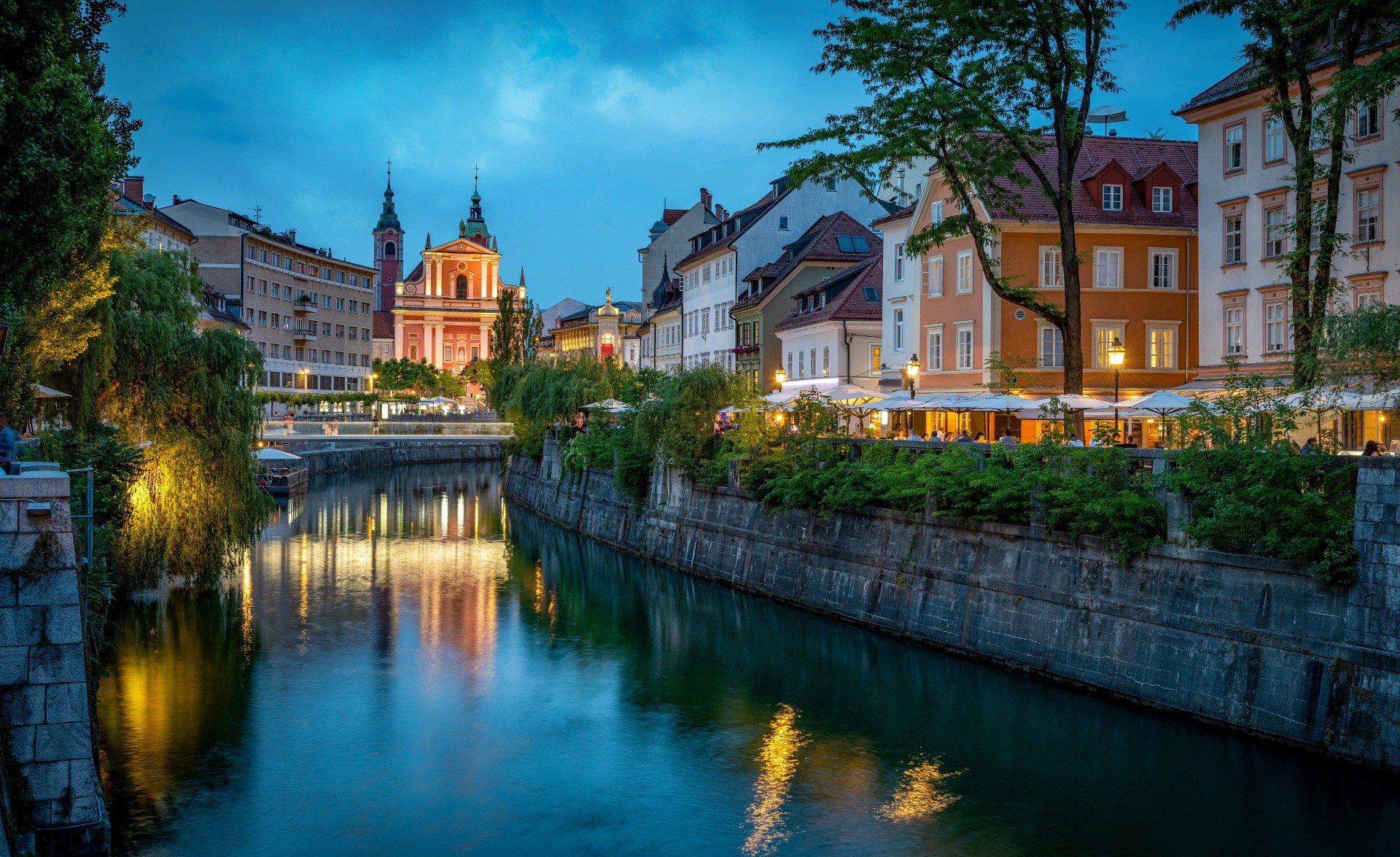
Slovenia is one of the safest countries in Europe, with a low crime rate and a high level of social stability.
Violent crime is rare, and tourists can feel safe in both urban areas and nature.
The police force is effective, and the country maintains a peaceful atmosphere.
The beautiful landscapes and friendly locals further contribute to the sense of security.
7. Portugal
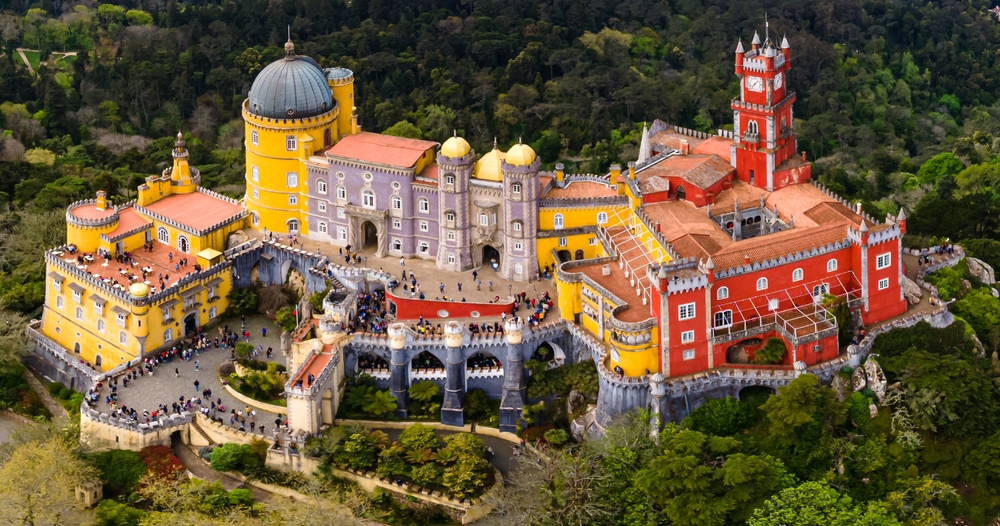
Portugal is a very safe country, with low violent crime rates and generally secure cities and rural areas.
However, pickpocketing can occur in tourist hotspots like Lisbon and Porto.
The police are reliable, and the country has a relaxed and friendly atmosphere.
Portugal is also among the European nations with the lowest risk of terrorist threats.
6. Singapore
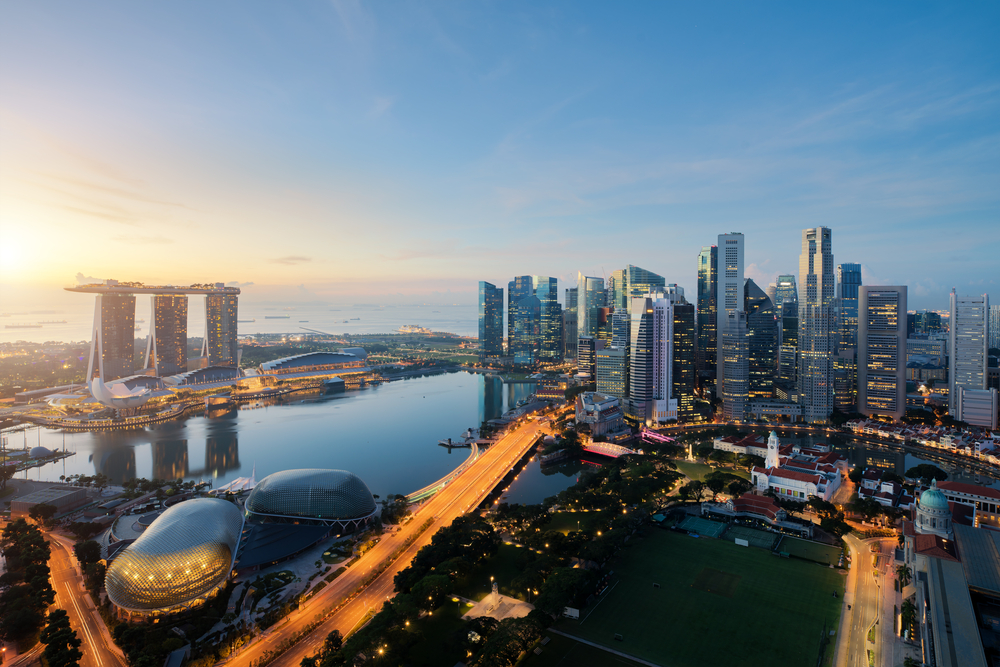
Singapore is one of the safest countries in the world, with an extremely low crime rate.
Strict laws and a strong legal system ensure order and security.
Violent crime is nearly nonexistent, and the city’s clean and well-organized environment enhances the feeling of safety.
Public transport and infrastructure are also among the safest in the world.
5. Austria
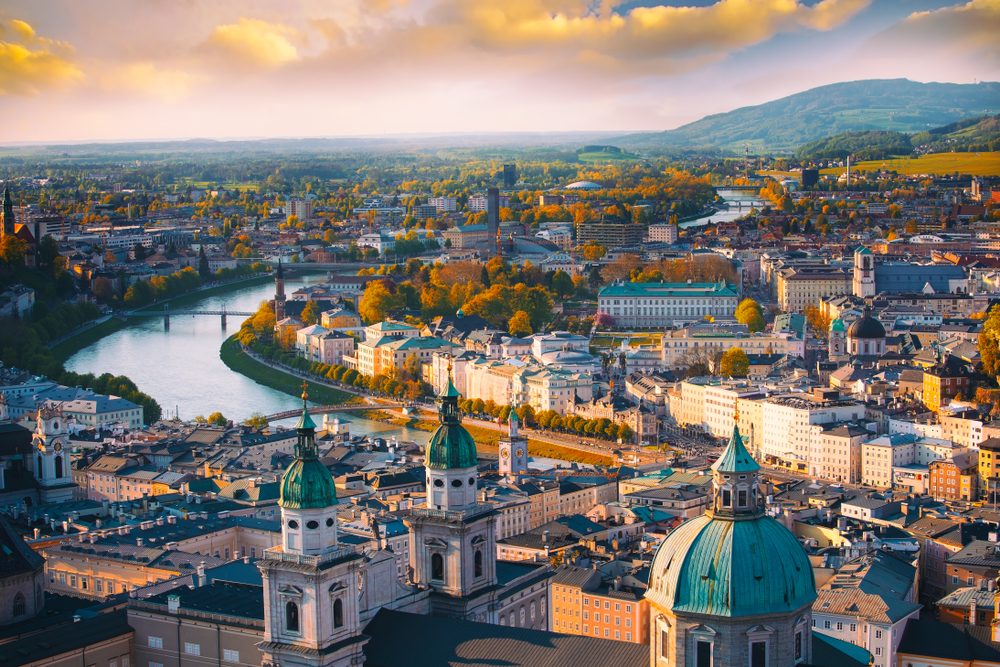
Austria is known for its high level of safety and low crime rate.
Even in large cities like Vienna, violent crime is rare, with pickpocketing being the primary concern for tourists.
The police are efficient, and the country enjoys political and economic stability.
Austria also offers well-maintained and safe infrastructure, making travel within the country secure.
4. New Zealand
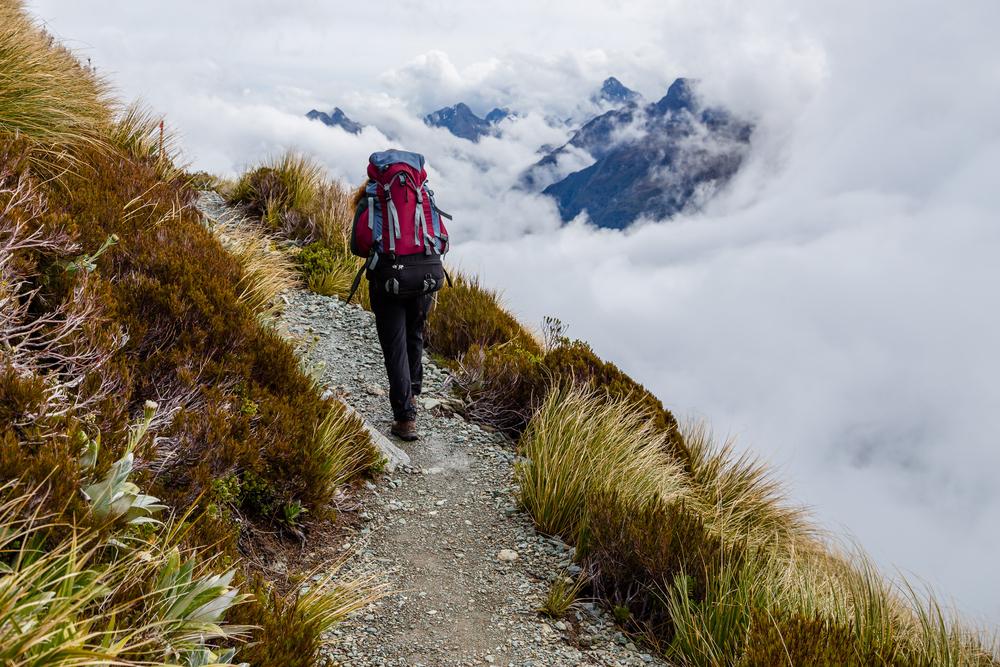
New Zealand is one of the safest countries in the world, with a low crime rate and a friendly population.
Violent crime is rare, though some cities may experience minor issues with organized crime.
Natural disasters such as earthquakes can be a risk, but the country has strong emergency response measures.
The police are trustworthy, and tourists generally feel very safe.
3. Ireland
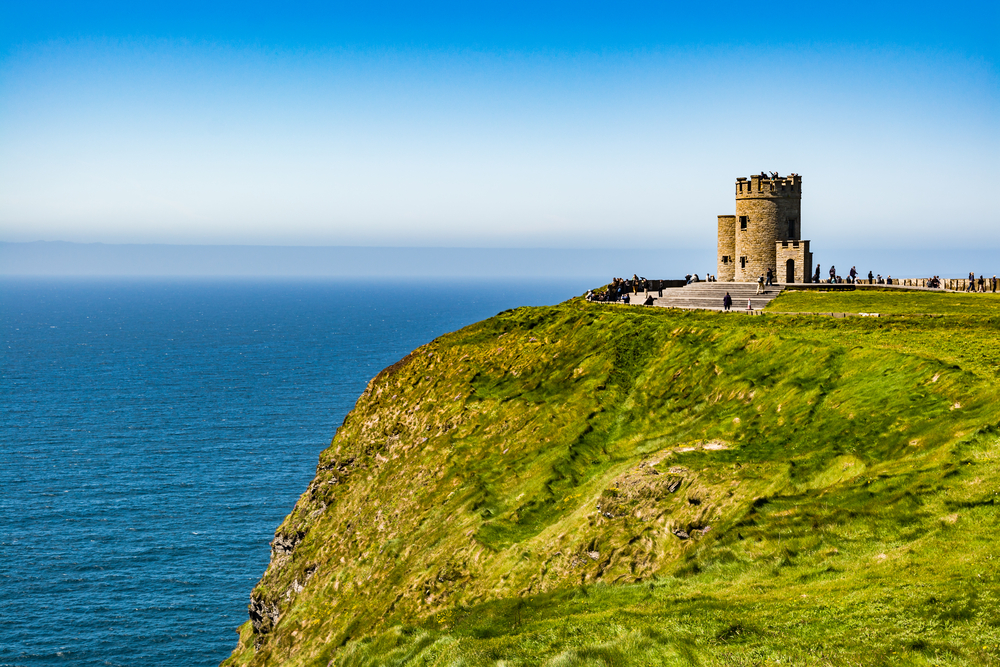
Ireland is a safe country with low crime rates, especially outside major cities like Dublin.
Violent crime is rare, though pickpocketing and minor scams can occur in tourist areas.
The police force (Gardaí) is visible and well-trusted by the population.
Natural disasters are almost nonexistent, further enhancing the country’s safety.
2. Denmark
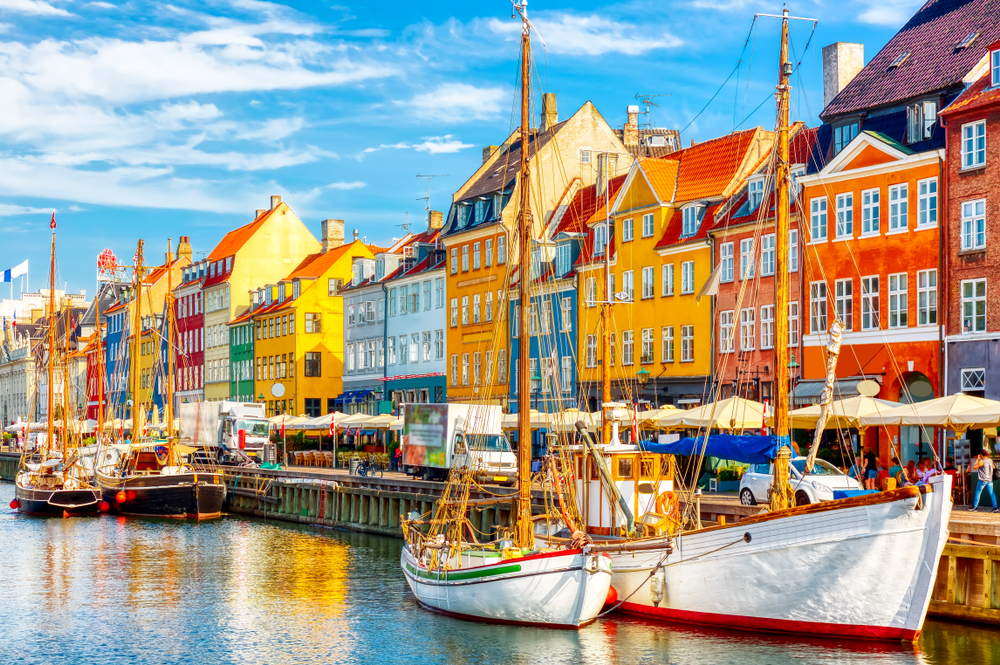
Denmark is one of the safest countries in the world, with low crime rates and a high level of social trust.
Violent crime is rare, and the police are reliable and effective.
Cyclists and pedestrians can feel safe in cities where infrastructure is designed with safety in mind.
The country also has a strong social security system, contributing to overall security.
1. Iceland
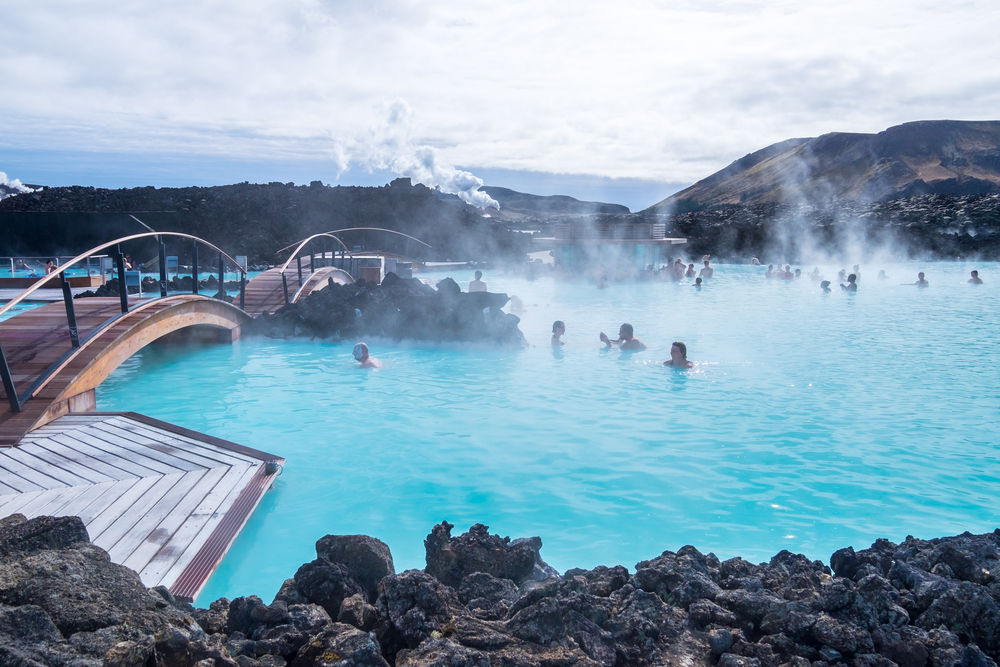
Iceland is one of the absolute safest countries in the world, with an extremely low crime rate.
Violent crime is nearly nonexistent, and the police often patrol without carrying firearms.
Natural hazards such as volcanic eruptions and severe storms can pose risks, but the country’s emergency preparedness is highly advanced.
Iceland also benefits from strong social cohesion, ensuring safety for both residents and tourists.


